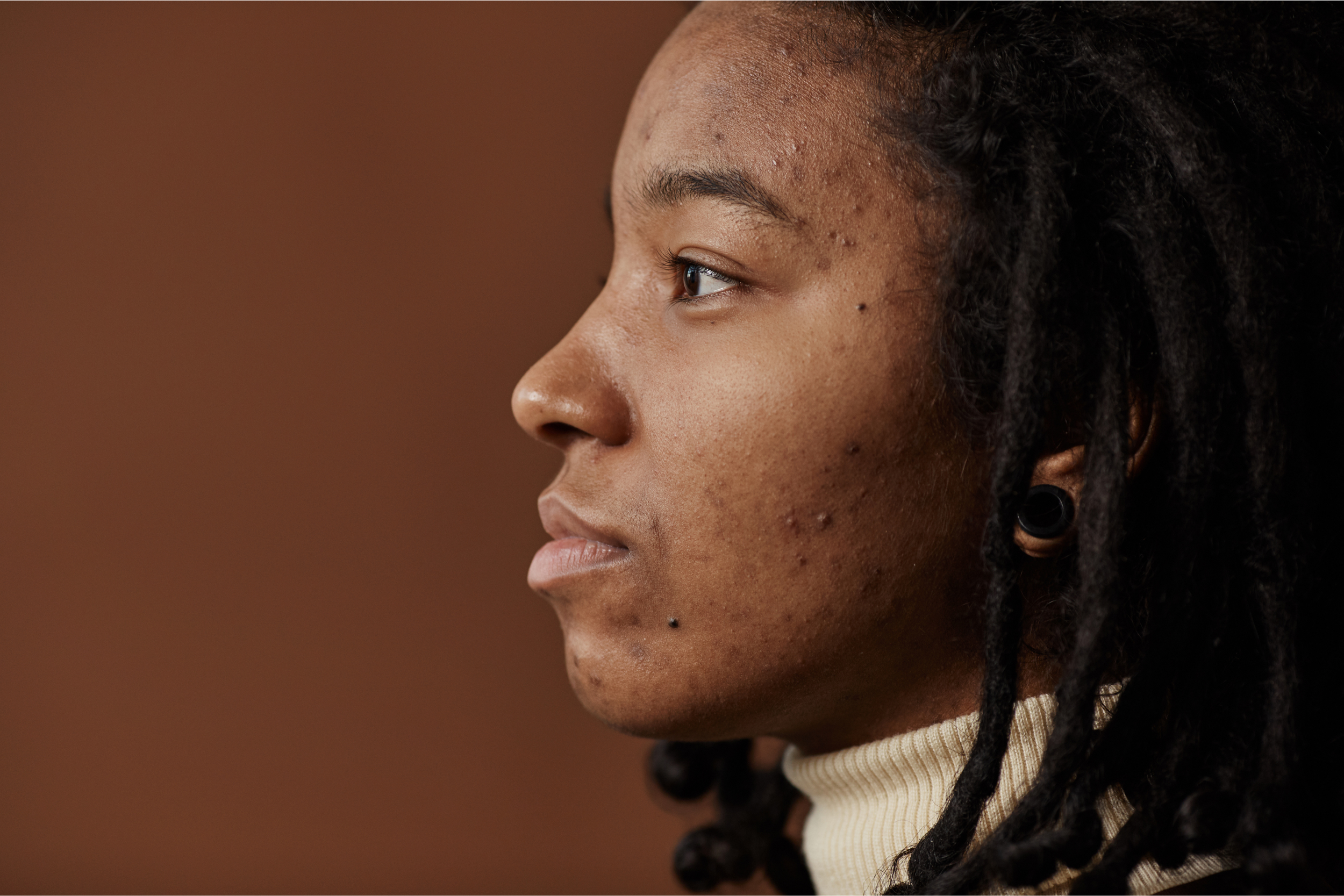Effective Strategies to Treat Cystic Acne
Cystic acne can be a distressing condition that affects individuals of all ages and genders. Its deep, painful bumps and persistent nature can significantly impact self-confidence and quality of life. Fortunately, there are various treatment approaches that can help manage and reduce the severity of cystic acne. In this comprehensive guide, we will delve into the underlying causes of cystic acne and provide you with a well-rounded arsenal of strategies to combat this stubborn condition effectively. Let's unlock the secrets to clearer, healthier skin!
Cystic acne is a severe form of acne that occurs when pores become clogged with excess oil, dead skin cells, and bacteria, resulting in inflammation and the formation of deep, painful nodules. Unlike other types of acne, cystic acne typically leaves behind scars and can take a significant amount of time to heal.
Establishing a Skincare Routine
1. Cleansing: Use a gentle cleanser to remove dirt, oil, and impurities without stripping the skin's natural moisture barrier. Avoid harsh or abrasive cleansers that can exacerbate inflammation.
2. Moisturising: Apply a non-comedogenic moisturizer to keep the skin hydrated and prevent excessive dryness, which can lead to increased oil production.
3. Sun Protection: Protect your skin from harmful UV rays by using a broad-spectrum sunscreen with an SPF of 30 or higher.
4. Avoid Touching: Resist the urge to pick, squeeze, or pop cystic acne lesions, as this can worsen inflammation and increase the risk of scarring.
Medical Treatments
1. Topical Retinoids: Prescription-strength retinoids, such as tretinoin, help unclog pores, reduce inflammation, and promote skin cell turnover.
2. Oral Medications: In severe cases, dermatologists may prescribe oral medications, including antibiotics, hormonal therapies (for females), or isotretinoin (commonly known as Accutane).
3. Intralesional Injections: Corticosteroid injections directly into the cyst lesions can help reduce inflammation and promote healing.
4. Laser and Light Therapies: Procedures like laser therapy, photodynamic therapy, and intense pulsed light (IPL) can target the bacteria and reduce inflammation associated with cystic acne.
Lifestyle Adjustments
1. Healthy Diet: Consume a balanced diet rich in fruits, vegetables, whole grains, lean proteins, and healthy fats. Avoid excessive intake of refined sugars, processed foods, and dairy products, as they may contribute to acne flare-ups in some individuals.
2. Stress Management: High-stress levels can trigger hormonal imbalances that may exacerbate cystic acne. Engage in stress-reducing activities such as yoga, meditation, exercise, or hobbies.
3. Regular Exercise: Physical activity helps improve blood circulation, reduces inflammation, and promotes overall skin health.
4. Proper Sleep Hygiene: Aim for 7-8 hours of quality sleep each night to support healthy skin regeneration and reduce stress levels.
V. Home Remedies and Additional Tips (300 words):
1. Warm Compress: Applying a warm compress to cystic acne lesions can help reduce inflammation and promote drainage.
2. Tea Tree Oil: This natural antibacterial agent can be diluted and applied topically to affected areas for its potential antimicrobial effects.
3. Avoid Heavy Makeup: Choose non-comedogenic, oil-free makeup products, and cleanse your skin thoroughly before bed to prevent clogged pores.
4. Regularly Change Bedding and Towels: Cleanse pillowcases, sheets, and towels regularly to reduce bacterial growth and avoid transferring oils and dirt to the skin.
5. Apple Cider Vinegar: ACV is known for its antimicrobial, anti-inflammatory, and exfoliating properties, which may be beneficial for addressing the underlying causes of cystic acne.
Quick summary: while treating cystic acne can be challenging, adopting a comprehensive approach that combines skincare, medical treatments, lifestyle adjustments, and home remedies can help alleviate its symptoms and prevent long-term scarring. Remember, consistency and patience are key when combating cystic acne. If over-the-counter treatments or lifestyle modifications do not yield satisfactory results, consult a dermatologist for a personalised treatment plan. Embrace the journey to healthier, clearer skin, and regain your confidence along the way!





